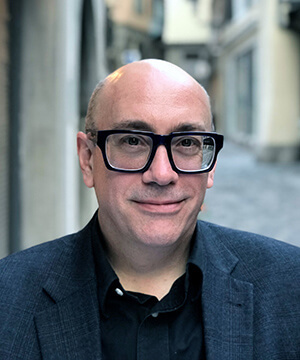Summary

The moral philosopher Robert C. Roberts suggests that the study of virtue needs the support of a virtuous community. In other words, to understand what virtue is and how it flows in practice, it helps to be in that flow oneself. How can one hope to recognize virtuous formation without entering it oneself, in hope, and in the company of others? I suggest those seeking a deeper understanding of virtue more broadly and virtue in the sciences in particular would benefit from scientific inquiry into the cognitive affections and the affective cognitions of those committed to virtuous community, and of actions that are modeled after their practices. How do people with long-lived commitments in such communities value one another and themselves? How do they remember and describe their formation and transformation? How do they remember their past selves? How do they describe their hope for the future? How important are empathy, theory of mind, and humility in managing the daily challenges of life in community? Can computational models of cognitive and neural systems shed light on the transformations of mind and brain that happen? Drawing on work with communities of L’Arche in the US and in France, and with the community of Homeboy Industries in Los Angeles, the address will relate computational models of mind and brain to narrative accounts of how the self and other are valued within communities dedicated to virtuous formation.
Speaker
Michael Spezio is Associate Professor of Psychology and Neuroscience at Scripps College, where he mentors undergraduate scientists in the Laboratory for Inquiry into Valuation and Emotion, and is Visiting Researcher at the Institute for Systems Neuroscience (University Medical Center Eppendorf, Hamburg). He co-directs a project on cognitive and neural computational models of theory of mind and valuation in interaction, funded by the NSF and the German Federal Ministry of Education and Research. He has published in Biochemistry, Journal of Neuroscience, Proceedings of the National Academy of Sciences, Journal of Autism and Developmental Disorders, and Journal of Moral Education and is co-editor of The Routledge Companion to Religion and Science, Theology and the Science of Moral Action, and Habits in Mind.
Location
University of Notre Dame (U.S.A.) in England
1-4 Suffolk Street
London, SW1Y 4HG
This event is a part of the Practicing Science: Virtues, Values, and the Good Life conference. It is made possible by support from the Templeton Religion Trust.
Originally published at ctshf.nd.edu.